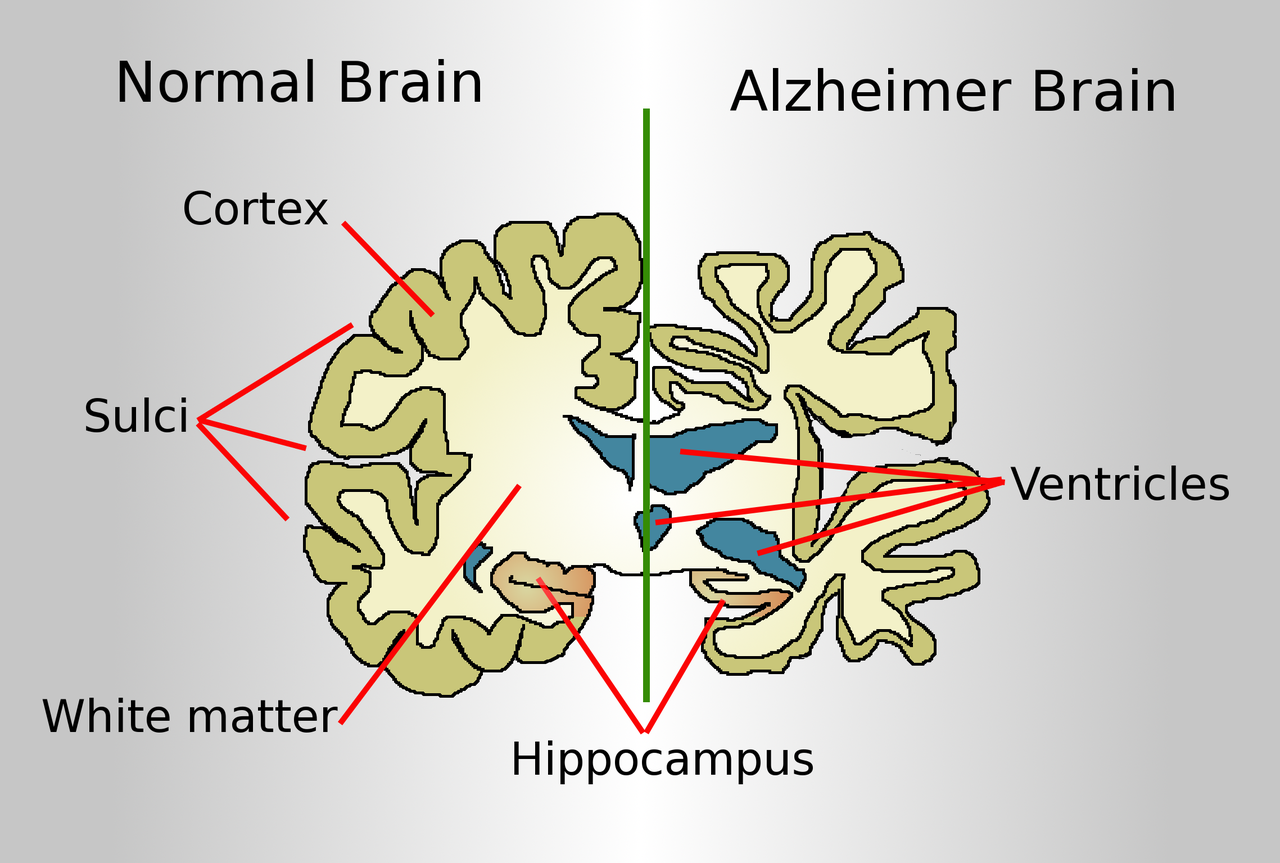Groundbreaking research conducted by UCL suggests that Viagra, a drug typically used to treat erectile dysfunction, may contribute to decreasing the likelihood of developing Alzheimer’s disease.
The extensive study followed the health progress of 260,000 men diagnosed with erectile dysfunction and uncovered that Viagra users had an 18% lower chance of experiencing the most common type of dementia compared to those who did not use these medications.
“We can’t say that the drugs are responsible, but this does give us food for thought on how we move into the future,” said the lead author Dr Ruth Brauer at University College London. “We now need a proper clinical trial to look at the effects of these drugs on Alzheimer’s in women as well as men.”
A deeper look into the research statistics reveals an even more significant finding: men who received between 21 to 50 prescriptions for erectile dysfunction medication had a staggering 44% reduction in Alzheimer’s risk. This observational study, however, cannot definitively conclude that Viagra is a preventive measure against Alzheimer’s. It instead presents the possibility that men less predisposed to dementia might also be those more frequently using these drugs.
The research scrutinized medical data of men with erectile dysfunction devoid of previous memory or cognitive deficits. Slightly over 50% of these men were taking PDE5 inhibitors like sildenafil (marketed as Viagra), along with avanafil, vardenafil, and tadalafil. These individuals were monitored over an average span of five years for any new diagnoses of Alzheimer’s.
Currently, 55 million individuals worldwide are living with dementia, primarily due to Alzheimer’s. While new treatments that attempt to remove abnormal brain proteins are showing potential in slowing the progression of the disease, their overall impact seems to be limited.

















